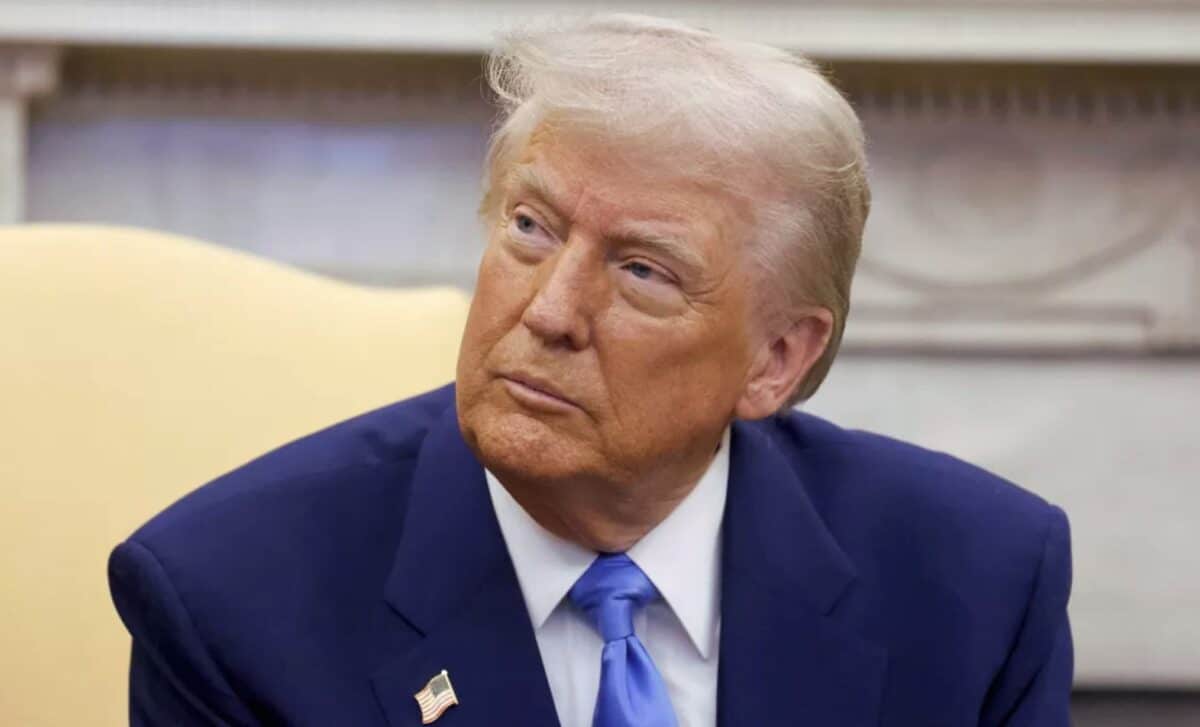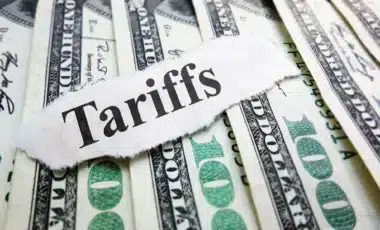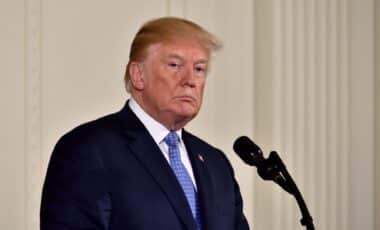Mexico has committed to an immediate water delivery to farmers in Texas, attempting to ease diplomatic tensions with the United States following concerns over its failure to meet obligations under a decades-old water treaty.
The move comes as President Donald Trump threatens economic retaliation, accusing Mexico of violating the 1944 water-sharing agreement, which governs cross-border access to the Rio Grande.
Water Treaty in Spotlight as Mexico Lags on Commitment
At the heart of the dispute is the 1944 treaty between the United States and its southern neighbour, which mandates that the Latin American nation deliver 1.75 million acre-feet of water to the U.S. every five years.
According to the International Boundary and Water Commission (IBWC), the country has delivered less than 30 percent of this quota, despite the current cycle ending in October.
Speaking at a press briefing on Friday, President Claudia Sheinbaum announced that Mexico would provide an “immediate delivery” to Texan farmers based on available water reserves from the Rio Grande. While she did not specify the volume, the gesture is intended to offset criticism and fulfil part of the treaty obligations.
According to Reuters, Mexico has already agreed to send 122,000 acre-feet and is considering an additional 81,000 acre-feet, which would still keep the total delivery below 40% of the requirement.
Sheinbaum acknowledged the country’s shortfall but attributed the reduced output to drought conditions affecting northern states such as Chihuahua, Tamaulipas, and Baja California.
Despite the shortfall, Sheinbaum insisted that Mexico is acting in accordance with treaty terms, which account for water availability during adverse weather periods. She added that discussions with U.S. officials had taken place and expressed optimism that a resolution could be reached soon.
Political Tensions Grow Over Trade and Compliance
The issue has quickly escalated beyond water management into a broader political and trade dispute. On Thursday, President Trump issued a warning on Truth Social, stating that tariffs or sanctions could be imposed if Mexico failed to honour its obligations.
Texas Republicans echoed this sentiment, accusing Mexico of openly violating the treaty and jeopardising local agriculture.
In response, Mexican Agriculture Minister Julio Berdegué confirmed he had held discussions with U.S. officials, including Agriculture Secretary Brooke Rollins and Deputy Secretary of State Christopher Landau. According to Berdegué, the talks focused on water deliveries and the use of irrigation technology in northern Mexico to improve efficiency.
Rollins later described the conversation as “productive” and commended Trump for his stance. Meanwhile, Mexican authorities are reportedly under pressure to invoke a recent amendment to the treaty that would allow the federal government to redirect internal water reserves—a move that may face resistance from local state governments.









